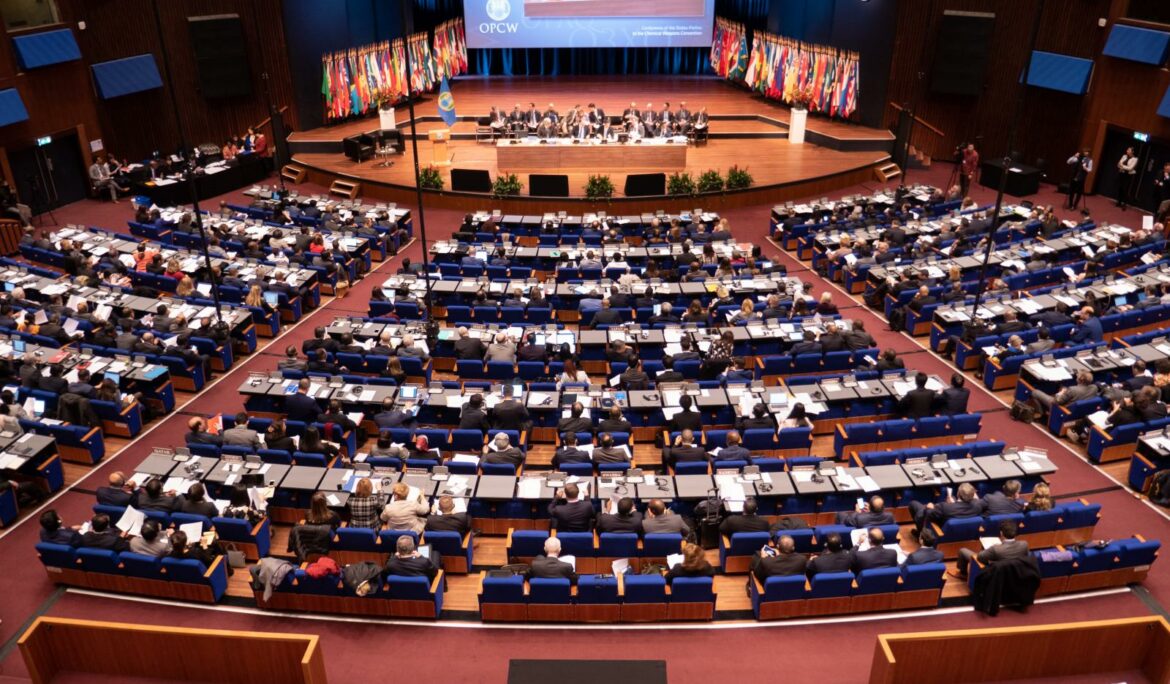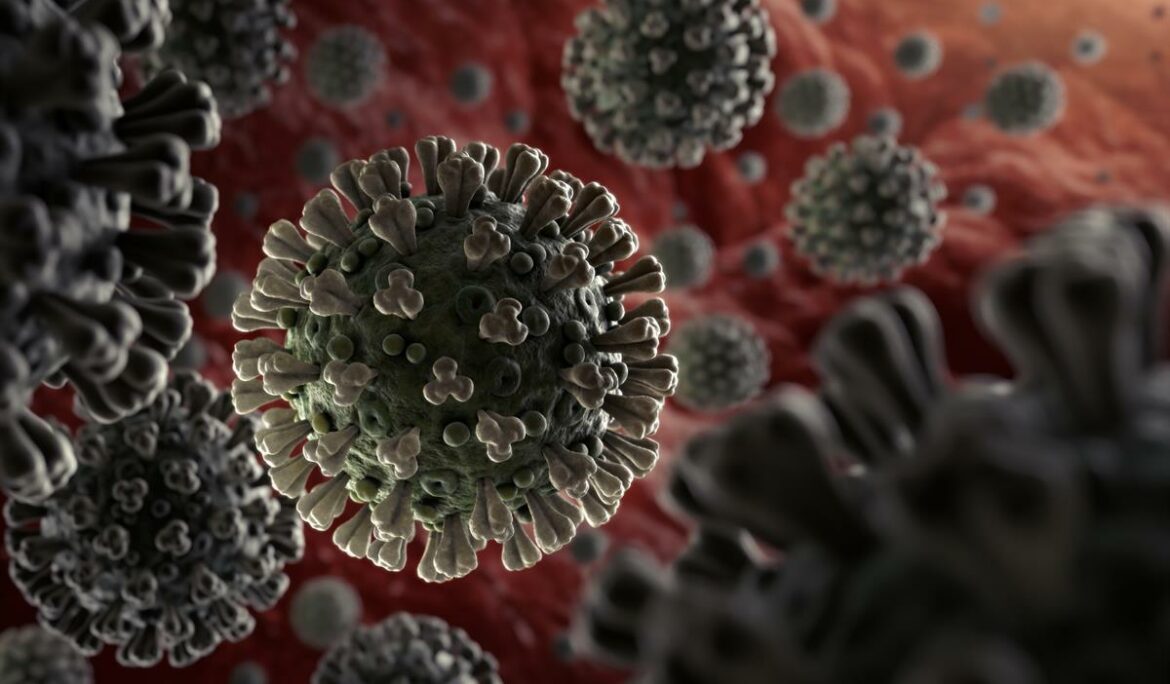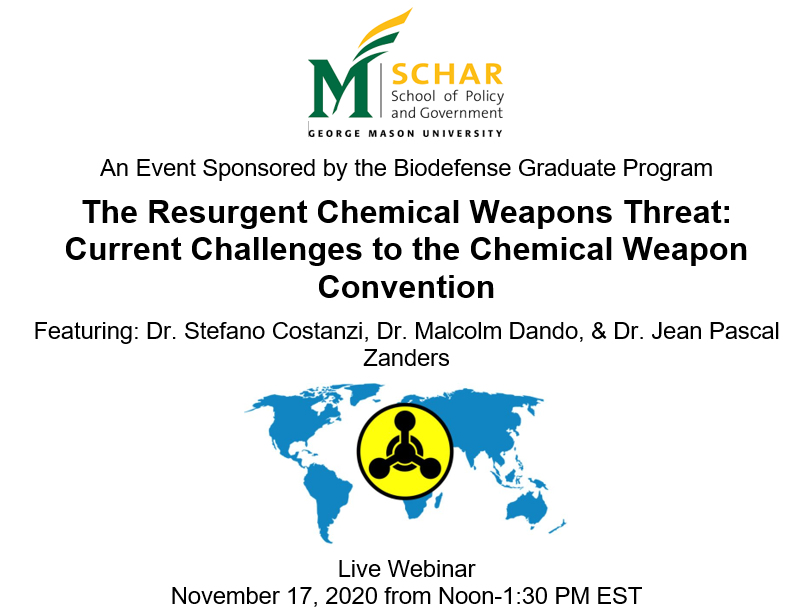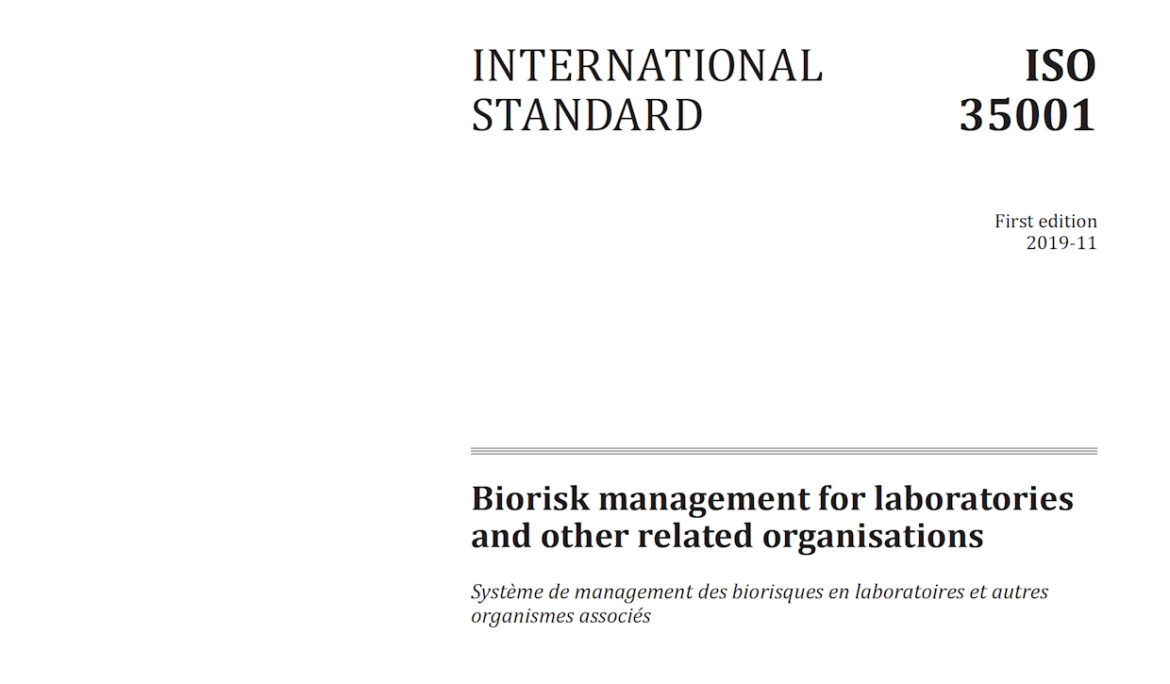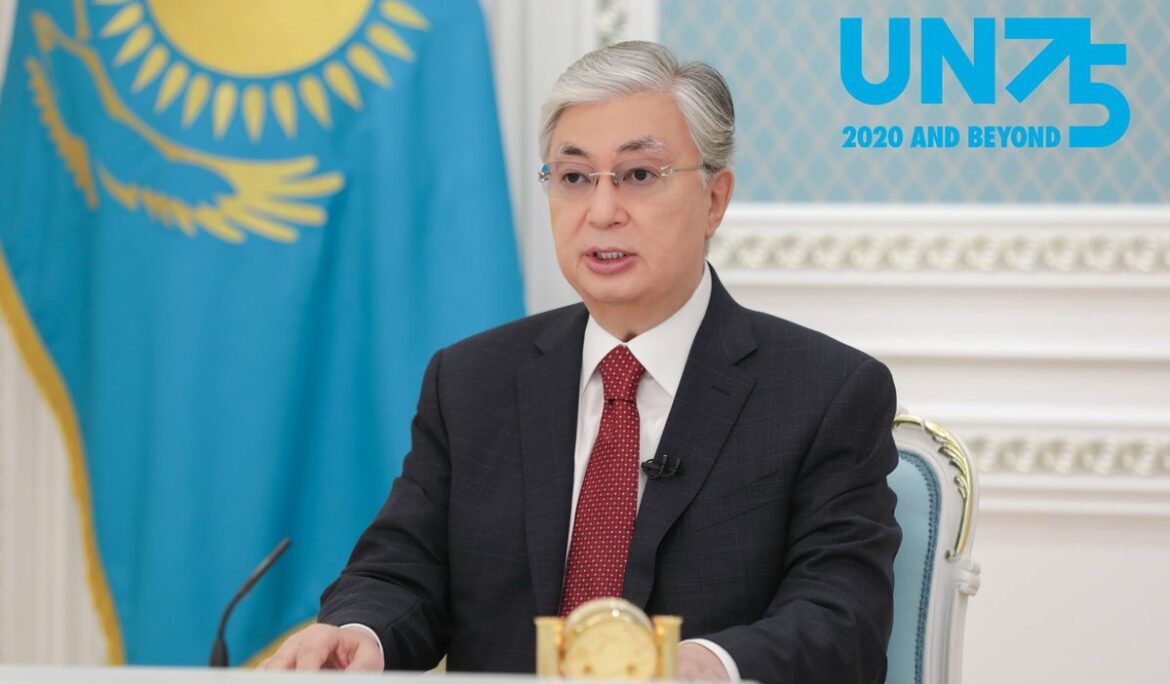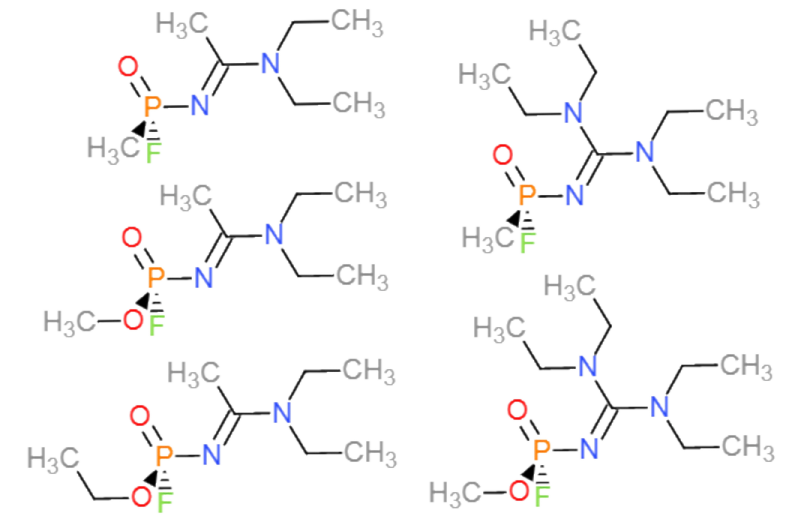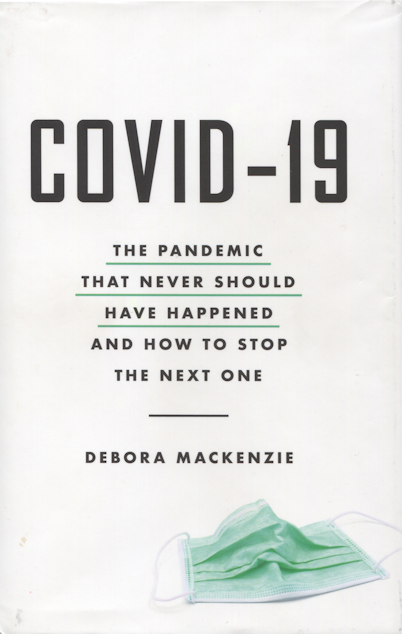All the best wishes for a brilliant 2021!
Be resilient, Have patience, Design and execute projects, Get vaccinated And your 2021 will be brilliant! Wear the mask, Keep the social distance, Forego unnecessary travel, Act responsibly And 2021 will be brilliant for other people too! …
COVID-19 interferes with CWC and BTWC meeting schedules
COVID-19 is messing up the diplomatic disarmament and arms control agendas. On 27 March Ambassador Gustavo Zlauvinen from Argentina announced as President-Designate the postponement of the 10th Review Conference of the Nuclear Non-Proliferation Treaty (NPT). Initially scheduled for 27 April – 22 May 2020, it was to take place by April 2021. The deadline was moved up to August. However, because of the United Nation’s original schedule of meetings for 2021 combined with the many rescheduled meetings of this year, the only possible opening in the agenda was an impractical slot from 4 to 29 January. The pandemic’s resurgence in …
Webinar / Séminaire en ligne : Les armes chimiques et biologique : Une menace actuelle ?
It is webinar season! Les Interviews d’IDN La menace des armes chimiques et biologiques Jeudi 26 novembre à 18h30, IDN recevra Jean-Pascal Zanders, Chercheur et expert sur les armes chimiques et biologiques Sur le thème “Les armes chimiques et biologiques : Une menace actuelle ?” S’inscrire: https://cutt.ly/chigVcH 0 Links …
Implementing BTWC Article VII: Some thoughts for the Meeting of Experts and the Review Conference
[Text of a pre-recorded video ahead of an international webinar on 12 November providing an opportunity for informal discussions on topics to be considered by the Meeting of Experts on Assistance, Response and Preparedness (MX4).] Excellencies, Ladies and Gentlemen, Colleagues, I am Dr Jean Pascal Zanders from Belgium and an independent disarmament researcher and consultant at The Trench. My focus is on the elimination and prevention of re-emergence of chemical and biological weapons. I have been regularly following meetings of the Biological and Toxin Weapons Convention (BTWC) since the Fourth Review Conference in 1996. I am honoured to introduce the …
Have you already registered for the CW threat webinar? (10 days to go)
The Resurgent Chemical Weapons Threat: Current Challenges to the Chemical Weapon Convention Assassination attempts with novichok The race for new incapacitating chemical agents CW disarmament in Syria and investigations of alleged CW use More than 190 people have already registered. They come from many countries, including Argentina, Belgium, Brazil, Canada, Germany, Iran, Iraq, Sweden, Switzerland, UK, and the USA. They work for government agencies, international organisations, private companies and contractors, think tanks, and universities. If you still wish to join the webinar: register at https://bit.ly/34vDJRQ —– The chemical weapons nonproliferation regime is at a crossroads. Chemical weapons have …
Increasing assurance under the BTWC through biorisk management standards
The final report of the 7th Review Conference of the Biological and Toxin Weapons Convention (BTWC) held in December 2011 contained a one-line subparagraph whose ambition came to fruition in December 2019. Under Article IV (on national implementation measures), paragraph 13 opened as follows: The Conference notes the value of national implementation measures, as appropriate, in accordance with the constitutional process of each State Party, to: (a) implement voluntary management standards on biosafety and biosecurity; That single line of new language in the final report was the outcome of a preparatory process that had begun in September 2009 and …
Resurgent Chemical Weapons Threat (Webinar)
The Resurgent Chemical Weapons Threat: Current Challenges to the Chemical Weapon Convention The chemical weapons nonproliferation regime is at a crossroads. Chemical weapons have made a comeback with deadly nerve agents being used by Russia, Syria, and North Korea against perceived “enemies of the state.” A new generation of chemical weapons that incapacitate, instead of kill, their victims are also under development. At their next annual meeting, members of the 1993 Chemical Weapons Convention (CWC), which bans the development, production, and use of chemical weapons, will confront this resurgence in the chemical weapons threat. Please join a distinguished panel …
Biological weapons: A surprise proposal from Kazakhstan worth exploring
This year the UN General Assembly (UNGA) celebrates the 75th time in session. However, the worldwide spread of the Severe Acute Respiratory Syndrome Coronavirus 2 (SARS-CoV-2) casts dark shadow over the anniversary with some of the major global players preferring to play geopolitics when nations should unite to combat a germ that knows no borders. Unsurprisingly, many heads of state or government, ministers and other dignitaries have reflected in their statements on the pandemic and the challenges ahead. Some introduced constructive suggestions to address the factors that led to the outbreak at the end of last year. Others put forward …
History of nerve agent assassinations
On 20 August, the Russian anti-corruption activist Alexei Navalny fell ill during a return flight to Moscow and was hospitalised in the Siberian town of Omsk after an emergency landing. Members of his travelling party immediately suspected poisoning, an impression hospital staff reinforced when they refused Navalny’s personal physician access to his medical records. Following his airlifting to Berlin for further examination and specialist treatment, the Charité hospital issued a statement on 24 August that preliminary findings indicated exposure to ‘a substance from the group of cholinesterase inhibitors’. Even though the hospital could then not name the specific poison used, …
COVID-19: A perfect storm foretold
Book review: Debora MacKenzie, COVID-19: The Pandemic That Never Should Have Happened and How to Stop the Next One (New York: Hachette Books, 2020), 279p. The book opens with the quote from a poster seen at the first March for Science on 22 April 2017: “Every disaster movie starts with someone ignoring a scientist”. My immediate thought: well, scientists may be clever, but they just cannot express their thoughts in a register that politicians and opinion shapers might understand. Another reflection replaced it instantaneously, this time on politicians: they are so ideological that if their teachings tell them to …


